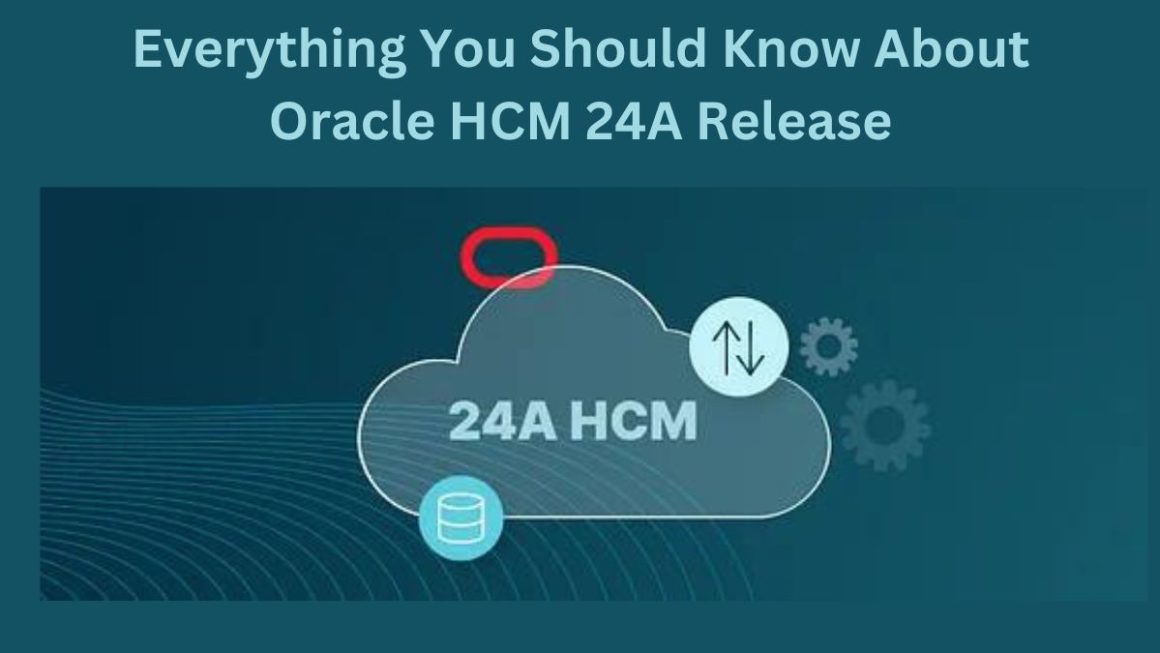According to a Shape Security survey, out of the total login attempts to online retailers’ websites, nearly 90% were illegitimate hacking attempts. This is the highest percentage recorded in ANY sector. If you own a business and deal with customer transactions, this should bother you- a lot.
How will you ensure that your business doesn’t fall prey to these hacking tactics? Which entity will you deploy to safeguard your finances and your customers’ data?
This is where a payment gateway comes in. Think of it in its literal sense. It is a gate that prevents fraudsters from entering your resource section containing critical financial data. The modern-day world has welcomed technology with open arms, and for all the right reasons. However, every good thing comes with a hint of risk attached, a list of drawbacks. Hacking is one of them.
Businesses require a portal that maximizes convenience, minimizes risks, and ensures the security of customers’ information.
To determine the need for a payment gateway and whether or not it will be feasible to do without it, let us first talk about a typical business transaction cycle and its role in it.
Table of Contents
Typical buying process:
Let’s say hypothetically you own a clothing line. You have a business that sells merchandise. You have created a good, user-friendly, aesthetically pleasing, glitch-free website with all the information customers need to make a buying decision. Your products are great too. However, you ultimately need your customers to pay you to get you the cash and deliver the clothing item to them.
But you do not have a channel that will support this. You don’t expect to accept payments just by giving your UPI details, do you? If we suppose that you do, how will you in real-time confirm the payment within seconds? What if the purchase was done at 3 am? How will you ensure 24/7 presence to manually determine the authenticity of the payment? What about the security? Every transaction will get saved on your website. Remember the hacking episodes we earlier spoke about? Hackers will get open access to your site data. You need someone to monitor this.
A payment gateway becomes this mediator. It is the channel between the merchant account (your business bank account) and the buyer’s account (your customer’s bank account). The gateway will ensure that the transaction is quick, seamless, and secure, most importantly.
Now, what if you DON’T use a payment gateway?
Sure, if you want to go the UPI route, you may as well not use a payment gateway. But to run a successful business, you need to provide an array of payment options like credit and debit cards, net banking, wallets, pay-later platforms and more for your potential customers, one of the many reasons why people abandon their online shopping carts.
As per a survey,
- 15% do so for a better in-store experience.
- 6% – due to a lack of payment options.
- 4% – due to technical issues.
Multi-currency transactions:
A key advantage of an online business is the scope of expanding geographically without actually having to move your business physically. With technology, people can now order products from anywhere in the world with the touch of a button. Having a business that caters to people across the globe means owning the possibility of accepting currencies existing in all these places. To sell products and ventures to anyone on the internet, you require an able payment gateway that supports multi-currency transactions. Without one, you will essentially not be able to sell your products.
Offline stores:
A payment gateway not just aids in online businesses but also the traditional brick-and-mortar ones. For any card-related purchase, the swiping machine requires a PG for transferring the money to the merchant account. It is technically impossible to accept card payments without the platform.
Digital payment methods taking over cash and coins:
By deploying a payment gateway, you are offering customers the option to make their purchases through various digital possibilities, other than cash payments. As per a survey by the U.S Bank, only 50% of people carry cash and less than half of them take it when they are out. The world today is dependent on digital means to a great extent. The same goes for making payments. Digital transactions are far more convenient, secure, faster and hassle-free when compared to cash payments, making it the evident choice.
Cash payments were definitely the “thing” before the pandemic struck the world. However, with social distancing, WFH, e-commerce sites and deliveries becoming the norm, digital payment options made their stay permanent. It is obvious that online businesses need to have this option but physical stores too are increasingly hopping on to the trend, which is becoming more of a necessity than just an alternative.
Encryption and integration:
An eCommerce business mandates a state of harmony amongst all sections of concern- shopping cart software, shipping database, correspondence network and stock inventory management software. The last thing you want to be panicking about is the most vital part of this all-the payment management. More so, you need to select a payment gateway that can easily get integrated with your existing systems. A bad combination can result in a web of mishaps.
Final say:
A payment gateway puts your worries to rest by encrypting the transaction data and giving a safe shopping experience to your customers. All PGs charge a certain fee to extend their services. Ensure you go through every feature each offers to finalize the one that suits your business best.
It can act as not just an obligation but a major asset to businesses, irrespective of their nature. Deploying a payment gateway will empower your business, accept payments through various modes and prevent scurrying customers due to security issues.
We have listed the probabilities of sustaining without a PG and the vitalities of having one, the last call is yours to make.
Also Read: The Best Smartwatches Of 2021




